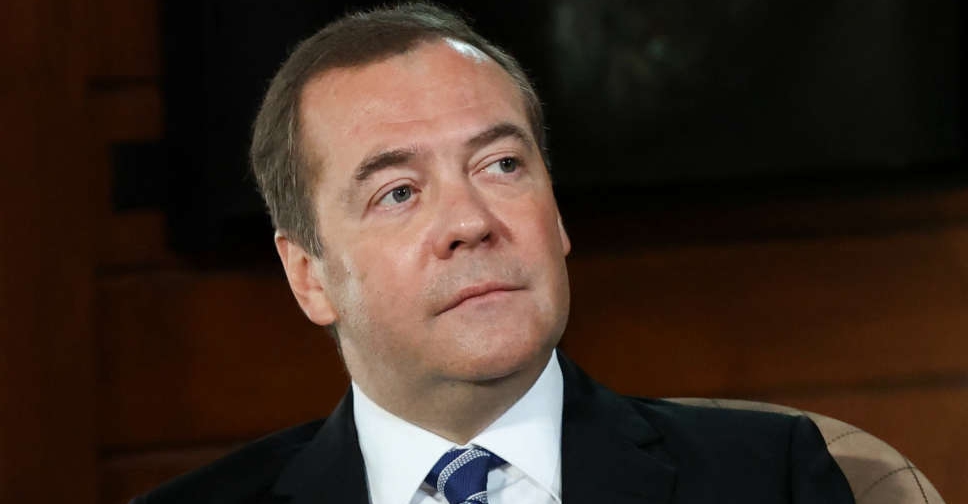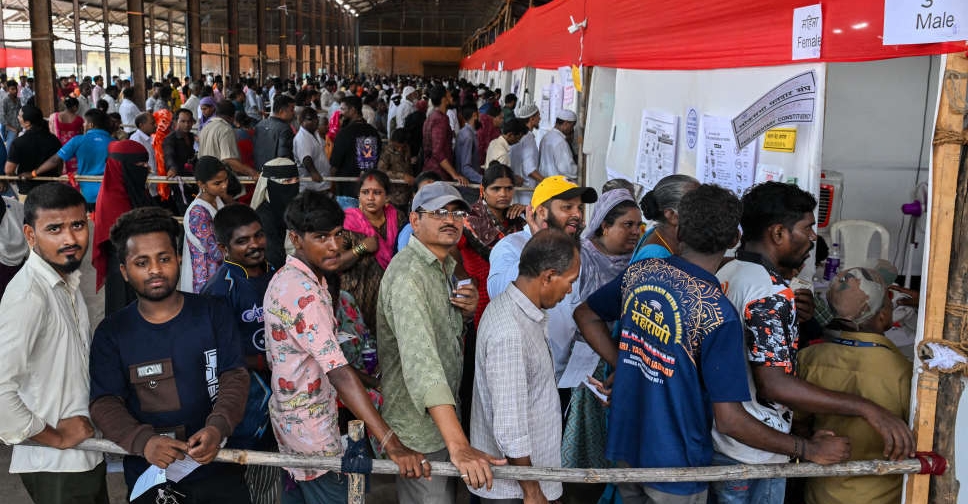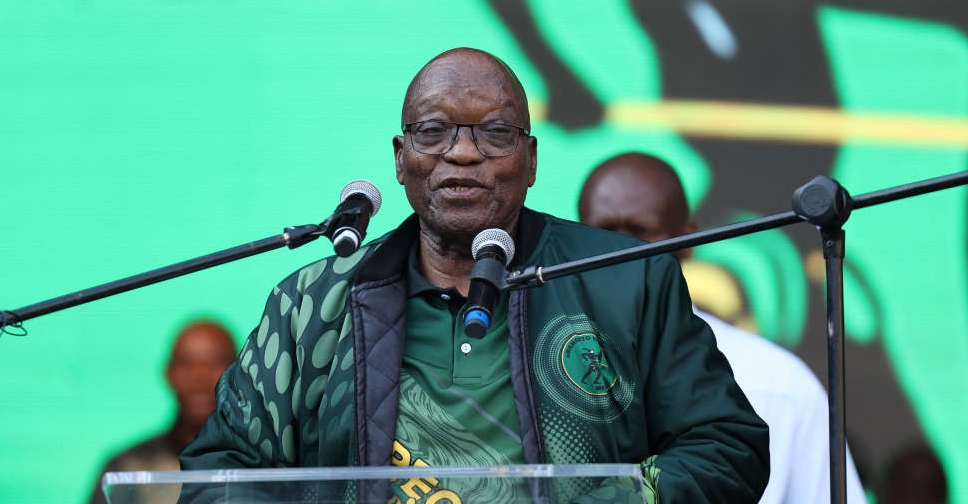
The former Russian president and deputy head of security council, Dmitry Medvedev called it 'foolish' to believe that Western Sanctions against Russian businesses could affect the Moscow government.
Medvedev told Russia's RIA news agency in an interview that the sanctions will only consolidate the Russian society and not cause popular discontent with the authorities.
The West has imposed an array of sanctions on Russia following its invasion of Ukraine, but one month into the war, the Kremlin says it will continue the assault until it accomplishes its goals of Ukraine's "demilitarisation and denazification".
Some of the sanctions have specifically targeted billionaire businessmen believed to be close to President Vladimir Putin.
"Let us ask ourselves: can any of these major businessmen have even the tiniest quantum of influence of the position of the country's leadership?" Medvedev said.
"I openly tell you: no, no way."
Medvedev said there are several grounds under which Russia has the right to use nuclear weapons, including an attack on the country or encroachment on infrastructure as a result of which Russia's nuclear deterrent forces would be paralysed.
That demonstrated Russia's "determination to defend the independence, sovereignty of our country, not to give anyone a reason to doubt even the slightest that we are ready to give a worthy response to any infringement on our country, on its independence," he said.
However, negotiations - even in the most challenging situations such as those around Ukraine - are Moscow's preferred path to proceed, he added.
Medvedev said opinion polls showed three-quarters of Russians supported the Kremlin's decision to carry out a military operation in Ukraine and even more supported President Vladimir Putin.
While downplaying the economic impact of sanctions, Medvedev said the Russian government would have to find "adequate solutions" on its own to spur the development of the aircraft, automotive and IT industries, among others.
"Now, it will be more difficult to tackle those issues, but on the other hand, we cannot rely on anyone," Medvedev said. "In this case, we will have to solve those problems ourselves."
He lashed out at those Russians who spoke against the invasion while staying outside Russia.
"You can be dissatisfied with some of the authorities' decisions, criticise the authorities - this is normal," he said.
"But you cannot take a stand against the state in such a difficult situation because this is treason."
According to an independent protest monitoring group, thousands of people were detained at Russia-wide protests against Putin's invasion of Ukraine earlier this month.

 Iranian President Raisi killed in helicopter accident, state media says
Iranian President Raisi killed in helicopter accident, state media says
 Israel intends to broaden Rafah sweep, Defence Minister tells US
Israel intends to broaden Rafah sweep, Defence Minister tells US
 New Taiwanese president calls on China to stop threats
New Taiwanese president calls on China to stop threats
 India votes in fifth phase of elections
India votes in fifth phase of elections
 South Africa's ex-leader Zuma barred from running for parliament
South Africa's ex-leader Zuma barred from running for parliament



